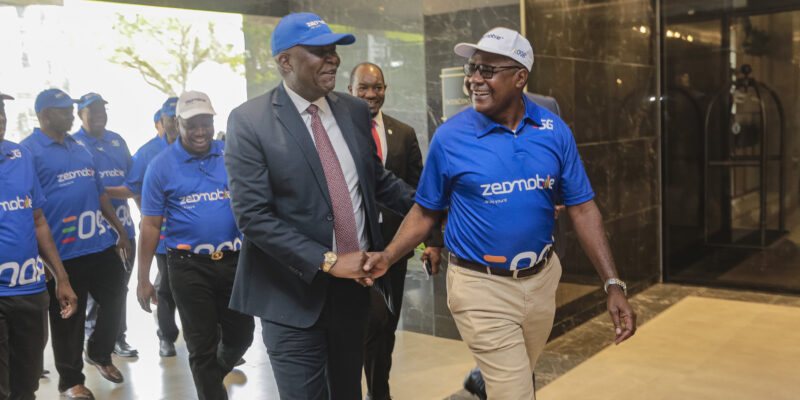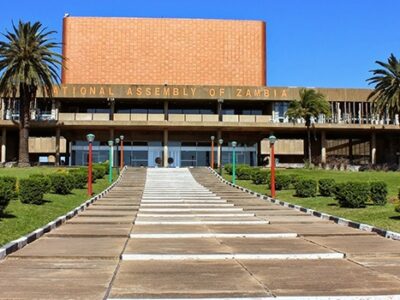Zambia is making notable progress in digital inclusion by investing in information and communication technology (ICT) infrastructure, despite facing several challenges.
The Presidential Delivery Unit (PDU) has outlined a target for the Zambian government to ensure that 80 percent of individuals aged 10 and above have access to the internet by 2026.
This goal is part of a broader strategy to enhance digital inclusion through significant investments in digital infrastructure.
To achieve this, the government is actively collaborating with both public and private sectors to improve ICT infrastructure and lower costs.
A key milestone in this effort was the launch of Zambia’s first 5G network in November 2022, a joint venture between MTN and Huawei, aimed at increasing internet accessibility.
Additionally, the introduction of Starlink services in Zambia in October 2022 is expected to further support the push for digital inclusion.
Another major development came in November 2023 when Liquid Telecoms announced plans to provide free internet connectivity to 450 technical schools, with a goal to extend internet access to 1,291 rural secondary schools.
Read more: Elections and free speech: Navigating the complex dynamics of democratic expression, by James Mwale
The government has also signed a Memorandum of Understanding (MoU) with Liquid Intelligent Technologies in March 2023 to deliver reliable and affordable connectivity across the country, including the launch of a new data center.
Moreover, a significant agreement known as the Diplomatic Data Corridor was reached between Malawi and Zambia in September 2023 to improve internet connectivity and reduce data prices, which is crucial for connecting rural and underserved areas.
Despite these advancements, Zambia still faces challenges due to limited ICT infrastructure.
In response, Technology and Science Minister, Felix Mutati, announced the approval of 379 new mobile towers, the highest number to be installed in a single fiscal year.
This initiative is designed to enhance connectivity in remote areas and support the country’s digital economy.
Mutati emphasized that expanding mobile tower coverage is essential for promoting digital transactions and reducing business costs in rural regions.
He highlighted the need for continued efforts to ensure that digital technology infrastructure is available to the rural population, making digital inclusion a reality rather than just rhetoric.
Supporting this perspective, Lufwanyama lawmaker Kenny Siachisumo stressed the importance of mobile towers in rural areas, particularly as schools are now required to offer ICT subjects.
Siachisumo expressed his satisfaction with Mutati’s announcement of 19 mobile towers allocated to his rural constituency, reflecting the government’s dedication to enhancing digital access across Zambia.
As Zambia continues to expand its digital infrastructure, the focus must remain on achieving equitable access to technology across all regions, ensuring that the benefits of digital inclusion reach every corner of the country.
The government’s and partners’ ongoing efforts will be crucial in transforming Zambia into a more digitally connected and inclusive society.
WARNING! All rights reserved. This material, and other digital content on this website, may not be reproduced, published, broadcast, rewritten or redistributed in whole or in part without prior express permission from ZAMBIA MONITOR.












Comments